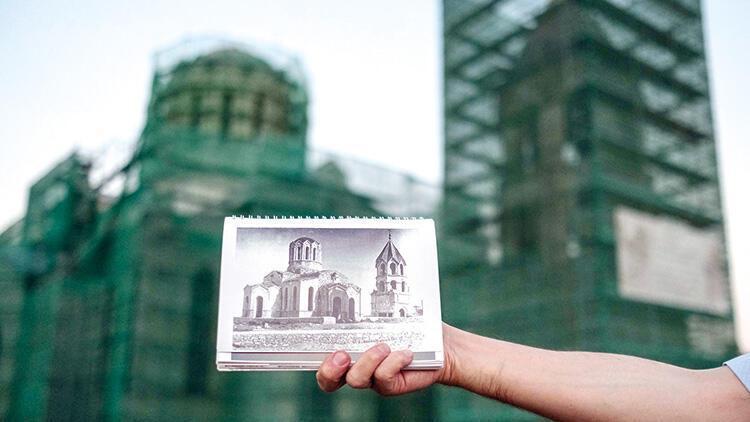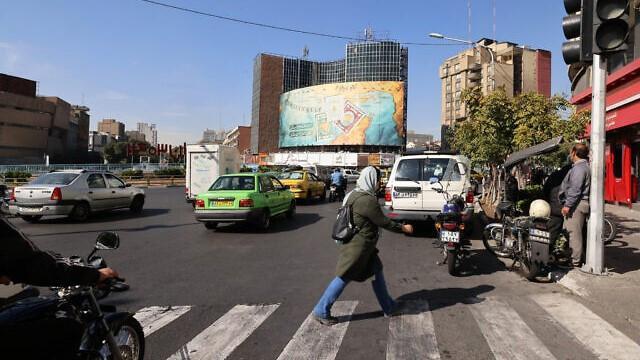Traces of war disappearing in Azerbaijan’s Shusha
Fevzi Kızılkoyun - SHUSHA

The traces of war are quickly being healed in the Azerbaijani city of Shusha, the “cultural capital” of the country, which had come under heavy bombardment during an almost 44-day fighting with Armenia.
Daily life in the city started returning to normal as officials work on an inventory of historical structures that had turned into ruins and military units.
Shusha, which was occupied by the Armenian forces on May 8, 1992, was liberated on Nov. 8, 2020.
On Jan. 5, Azerbaijani President İlham Aliyev declared the city, known as the “pearl of Karabakh,” the cultural capital of the country.
Elçin Ahmedov, who left the city when he was 21, returned to Shusha after 29 years as a historian. He is one of the experts working on the inventory on historical buildings.
“Armenia has burnt everything in the city. They have erased the history of Azerbaijan in the city,” Ahmedov said. “Even the house I was born in has been torn down,” he added.
He stressed that work has already begun to restore the city. “There is a church in the city that has been damaged by the rockets and the bombs. We have started restoring it,” he noted.
“When we took the city back, I cried with happiness,” Sevda Zülkifli, a military volunteer who is nowadays working in Shusha, said.

















